The saddest video games that will actually make you cry
For years, developers have tried to make games that would touch gamers on an emotional level. Some emotions, like joy, fear, and anger, are fairly easy to elicit with the right combination of environments and characters. But you know you've told a good gaming story when you can get a player so emotionally invested that they actually feel deep, lasting sadness. Creating a game that will 'make the player cry' has been something developers have attempted for years.
Usually, those efforts bomb horribly, coming off as insincere - but every so often there are great successes. We've assembled the games that have caused up to tear up, sniffle, or outright break down and sob. So grab a box of tissues and get ready to let it all out. Keep in mind there are some story spoilers ahead.
Reading through your sister’s traumatic journals in Gone Home
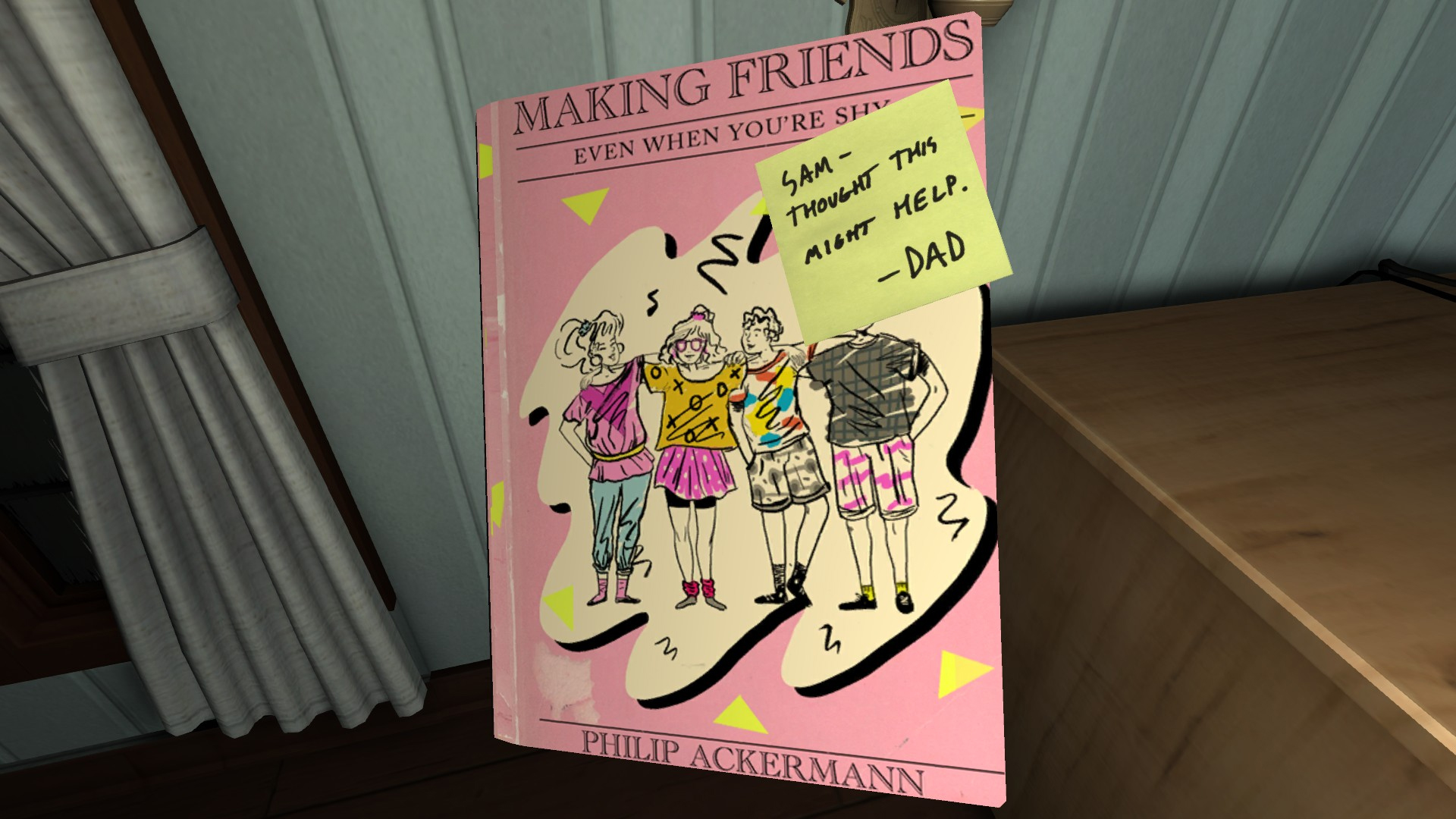
Coming home after a semester abroad to find your parents and little sister mysteriously gone, when they’re supposed to be ready waiting to greet you, is a little disconcerting. That’s not even mentioning the storm raging outside, or the fact that your beloved family house appears to have secret passages which your little sister has gleefully made her own.
At first this might sound like you’re being told about a horror game, but the stories you uncover when you’re prowling through the Gone Home's house are harrowing. A wife considering cheating on her increasingly-distant husband (who’s trying to deal with the fact that his sci-fi fiction might just be a pipe dream). The buried, hinted-at trauma of your dad possibly being abused by his uncle. But most of all you’ll feel a growing grief, as your little sister might have found the break-up with her girlfriend too much to handle. Reading her journal entries, seeing her lose the will to live - it weighs on you like a ton of bricks. The ending will undoubtedly make you cry, but everyone’s reasons will be different.
Metal Gear Solid 3: Snake Eater feels The Sorrow
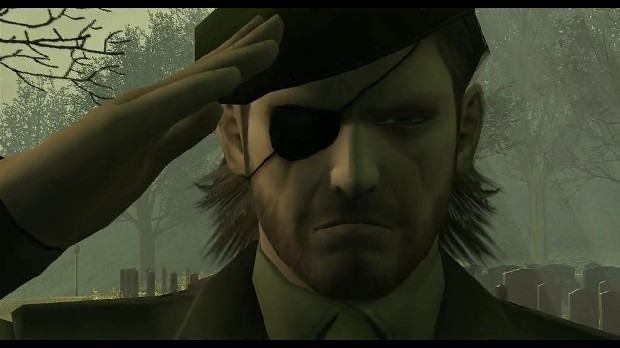
None of the Metal Gear games are what you might call uplifting, but Metal Gear Solid 3 is the only one that ends with your character saluting and shedding Manly Tears at the grave of his mother figure/special ops mentor/love interest. Creator Hideo Kojima had circled around issues like loyalty, nationality, and the futility of war in Metal Gear Solid 1 and 2, but he decided to haul off and start beating his protagonists about the face and neck with those questions in Snake Eater.
Those issues were driven home with the game's squad of bosses - unlike Foxhound and Dead Cell in the previous two games, Cobra Unit had little motivation to kill Snake. They weren't trying to take over the world or get revenge on the shadowy Patriots organization, they were just a bunch of old soldiers looking for someone worthy of ending their struggle. Kinda takes the glory out of a hard-fought victory if your opponent wants to die, don't you think?
Shadow of the Colossus sees it through to the bitter end
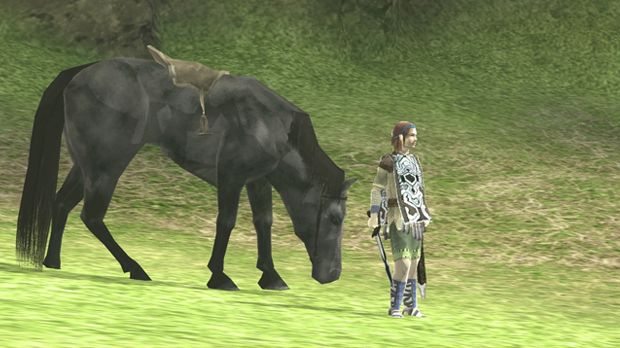
Character motivation is usually pretty cut-and-dry. You're killing the bad guys who are trying to take over the world, or you're trying to get revenge, or you're trying to save someone. In Shadow of the Colossus, things aren't so clear. Plot details take form slowly throughout the course of the game, revealing that a young man named Wander is working with a nefarious deity to restore his lover's life. The only way said god will do it is if Wander kills 16 colossi.
Weekly digests, tales from the communities you love, and more
After a little while, killing these mysterious titans starts to get to you. They're literally just chilling, minding their own business, and then your punk kid climbs up their back and stabs them in the head until they die. They aren't rampaging around cities or killing people. They're sleeping, as they have for millennia. Eventually your open-world search-and-destroy instincts falter and you realize Wander is not the good guy, or even a justified anti-hero. He's a grief-stricken kid who made a terrible choice, and now he has to see it through to the end.
Choosing between your brother or living in Silence: The Whispered World 2
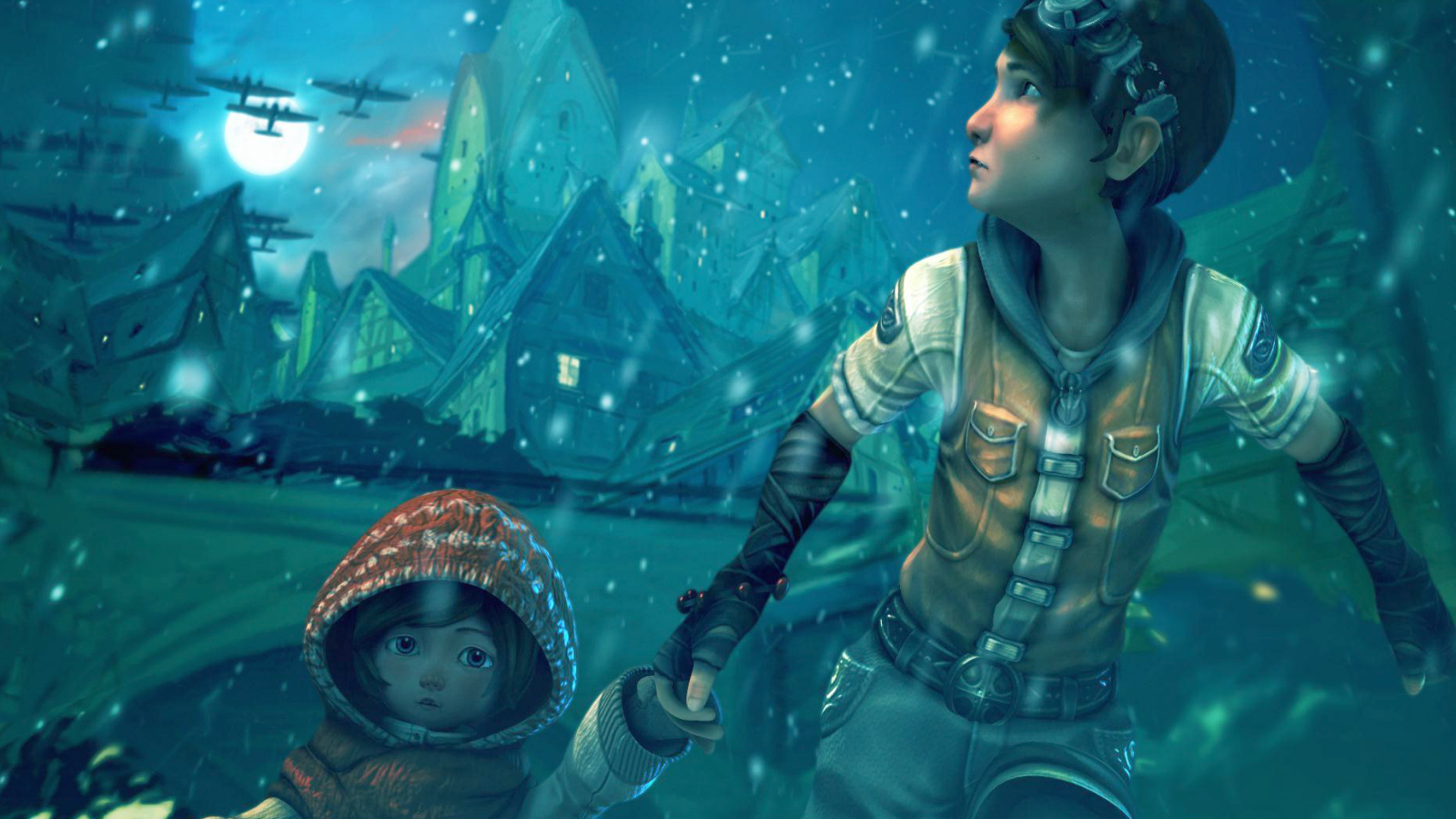
A brother and sister cowering in a bomb shelter. Seeing a little hand press against the glass from outside as the bombs fall. Hearing the crash of one hitting the ceiling, and waking up in the mysterious world of Silence. The beginning is as heart-wrenching as it gets, and it sure as hell doesn’t help that you catch a glimpse of the child you wouldn’t let into your shelter in this alternate dimension.
Quick mention, here: in the previous game if you were the ruler of Silence, it meant you were near death in the real world. So imagine the gradual sense of dread you feel as you realise that the little sister looks identical to the Queen of Silence. As you go on you have to choose between friends, leaving some behind, and even seeing your dependable pet caterpillar sacrifice himself to save you. It’s bloody horrendous. And at the end, you have to choose between staying in Silence with your brother - but dying in the real world - or killing the Queen of Silence to return to your bombed town, aware that you might wake up next to your dead brother. It’s not an easy decision to make, and both endings will leave you with waterfalls where your tear-ducts should be (or at least a huge lump in your throat).
Dom's wife isn't well in Gears of War 2
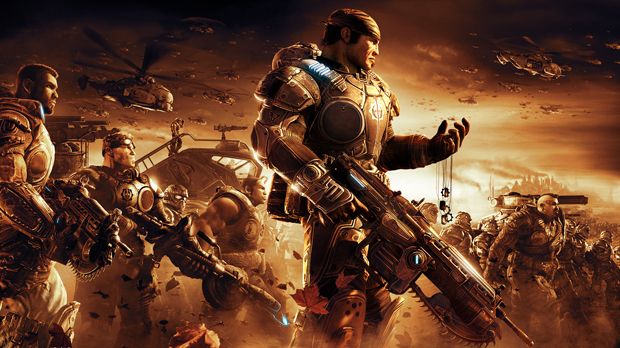
Marcus Fenix isn't all that interesting of a main character. His partner Dominic Santiago, on the other hand, is a lot easier to care about. He's complicated, with motives beyond "kill all thems thar Locusts and maybe find out about my daddy." See, Dom is looking for his wife, Maria, who went missing once the Imulsion (sic) hit the fan during Emergence Day. For the entire first game (and part of the second), Dom searches for information about Maria, getting glimmers of hope from time to time as he shows her picture to other survivors. And then... he finds her.
Say that Gears of War is for meatheads. Say that it's a dumb game with terrible writing. Say whatever you want - it doesn't matter. Epic nailed the moment when Dom finally finds Maria, a tortured, mindless husk of her former vibrant self, and we were bawling like we just got dumped the night before Spring Formal. Dom's voice actor, Carlos Ferro, actually stepped into the mo-cap suit for the first time to record this scene, helping to make this moment of despair even more human. And it was in Gears of War 2, so we were totally blindsided.
Mother 3 is a despair-adise
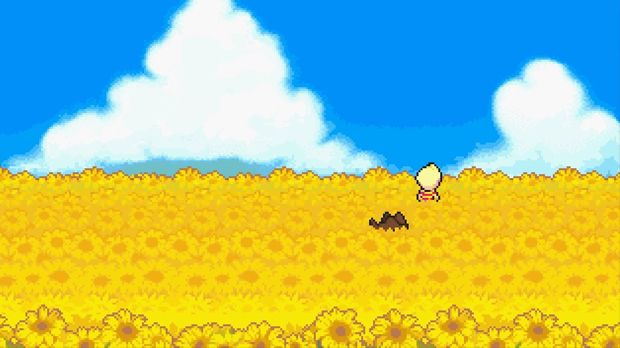
Nintendo's been quiet about Mother 3's lack of a worldwide release, but we think we know why it was never officially translated to English: it was too goddamn sad. We imagine that Nintendo just had to scrap the translation after a few months of work because the translators couldn't see the text past their tears. That's the most practical excuse.
Much like Earthbound, the story is often off-kilter, goofy, and fun. But it follows a small, wholesome town torn asunder by a series of unfortunate events: tragedy strikes the prototypical happy RPG village, complete with a narrator pondering whether its inhabitants have ever experienced sadness before. If happy JRPG characters contending with the death of a family member isn't enough to turn you into a gibbering wreck, the last few minutes of the game still have a good shot at utterly destroying you.
Clementine remembers in The Walking Dead Season One
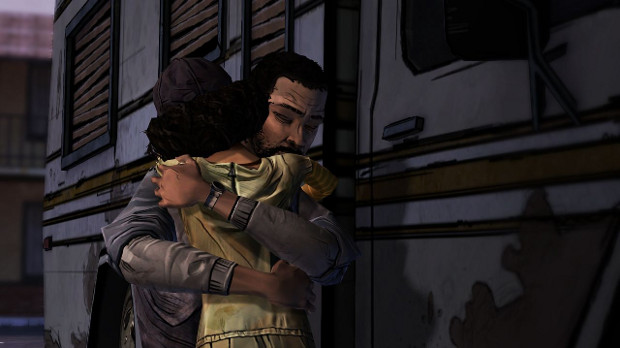
Most zombie games go for gory shocks over psychological hardships, but most zombie games aren't Telltale's The Walking Dead. The first season follows a man named Lee, a little girl named Clementine, and the (usually short-lived) survivors they encounter as they try to escape a zombie apocalypse.
The game has plenty of stressful life-or-death moments, but the ones that really stick with you are the little decisions: how you choose to justify the actions you take to Clementine, if at all. Every time Lee explains why he left another survivor for dead and that little pop-up appears ("Clementine will remember that"), it reinforces how your choices will shape a person in her most formative years - rarely a good feeling when those choices are "live but hate yourself" or "die." Oh, and that ending? Clementine isn't the only one who will remember that. She'll probably cry less than we did about it, though.
Silent Hill: Shattered Memories is a delayed sob story
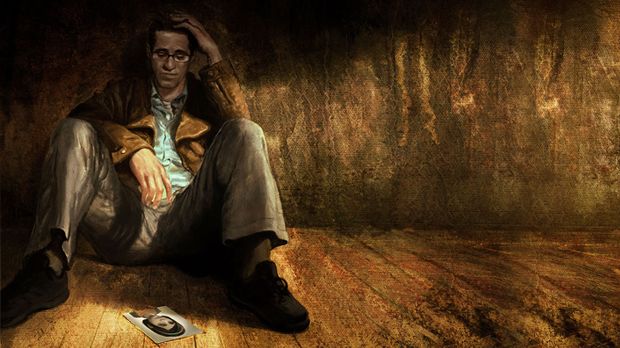
There's a good chance you didn't play Silent Hill: Shattered Memories. It was, after all, released primarily on the Wii just too late in the generation for a third-party title to make waves. If you skipped it, then you missed out on the best Silent Hill in years. And you also missed out on crying a whole bunch. Because the game will make you cry at least as much as it will make you shiver in fear.
The funny thing is, you may not even realize what's so sad about it until you get to the end of the game, and even that isn't all that depressing. It's not until you beat the game and then start thinking back over the events that took place, that you'll piece things together and your world will fall apart. You remember the ending of The Sixth Sense, right? It's kind of like that, except you also find out you were a terrible father.
Final Fantasy 7 catches up on that whole 'mortality' thing
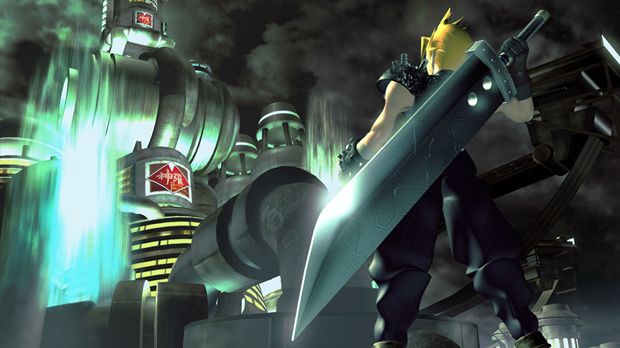
Death isn't really all that frightening in a video game, especially an RPG. Heck, characters die in nearly every battle, and they're just brought back to life with a cheap item. Whatever. It doesn't matter. Just shove a Phoenix Down into their mouths before rigor mortis sets in and theyll be back on their feet within seconds.
People may have shouted that common wisdom at the screen when Aerith died in Final Fantasy 7, but for whatever reason, it just wasn't an option. Maybe Sephiroth's blade is extra sharp or something. Either way, she died and stayed dead. We couldnt believe our eyes. She would come back later on, right? Crono comes back in Chrono Trigger (unless you don't save him, you monster), so surely she couldnt be dead? Yeah. But she was. And we were heartbroken.
Lost Odyssey's memories are better left forgotten
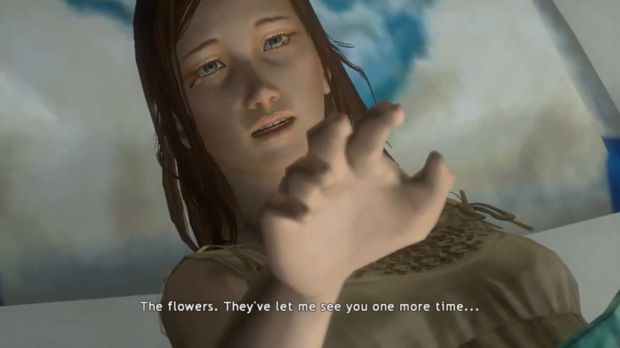
Thousand-year-old Kaim suffers from amnesia. Its easy to see his lack of memories as a curse - those are a lot of forgotten memories - but after playing just a few hours of Lost Odyssey, were pretty sure that Kaims better off not remembering his past. As the game goes on, hell occasionally be reminded of events in his life, which play out on-screen as short stories of text and sound effects.
Theyre utterly devastating. There are dozens of these forgotten memories, and we eventually had to stop reading them. Some tell tales of lost love, some of forgotten friends. Others are just downright depressing. And even if you avoid these catastrophically dismal memories, the story itself is just as rough. At one point you help children gather flowers for their sick mother, and then when you bring them to her, she dies and you stand there awkwardly as the children cry. Thats actually a thing that happens.
Brothers: A Tale of Two Sons has good grief
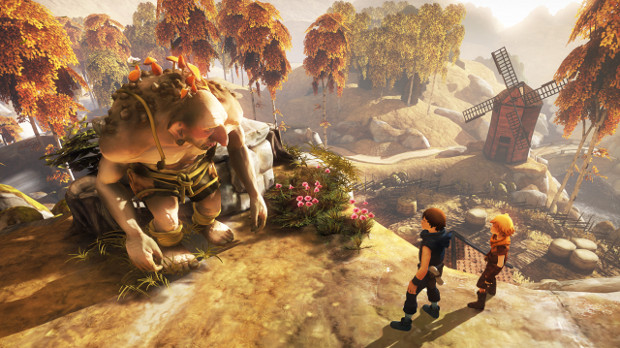
Brothers: A Tale of Two Sons is a story about an adolescent boy and his younger brother who embark on an odyssey across a fantastic world to find a cure for their ailing father. Really, though, it's a story about loss, coping, and growing up. The game begins at the grave of the boys' mother - her drowning death, witnessed by the younger sibling, manifests in the little brother's inability to swim. That's just one of the many difficulties the brothers must work together to overcome.
Together they must circumvent obstacles and outwit foes, and the player must guide the brothers in tandem with each of the controller's thumbsticks and shoulder buttons. This mechanic is subverted in a poignant final act that we'll refrain from detailing too much, but suffice it to say that it left us shivering - and also crying. Hard.
Terranigma undoes the world
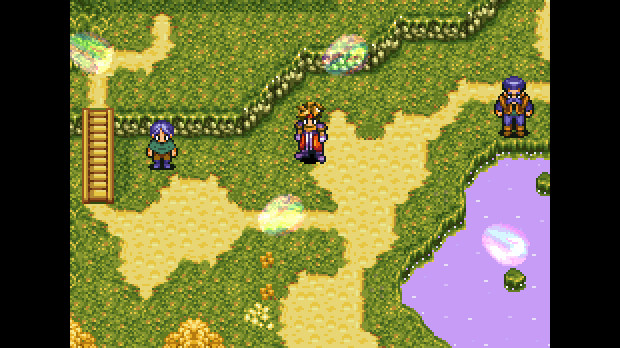
Yeah, yeah, you're a mischievous kid and you accidentally set off a catastrophe by screwing around with ancient artifacts. Yeah, yeah, turns out you're the chosen one and you have to save the world. Yeah, yeah, your quest to resurrect the Earth is inextricably bound to the destruction of your own world and your very identity wait, what?
Terranigma looks like a garden-variety SNES action RPG, but its narrative is distressingly unique. Main character Ark must bring about the undoing of everything he holds dear in his native Underworld (even the girl he has a crush on, damn) as he seeks to return the Earth to life from an ancient stasis. Halfway through, he finds out his entire life has been a subplot of an evil entity's grand scheme. Maybe after his existence is utterly undone, he'll be born again on the world he helped create? Or maybe he'll just fade into nothingness. Either way, Ark's life kinda sucks.
Don't get too attached in Halo Reach
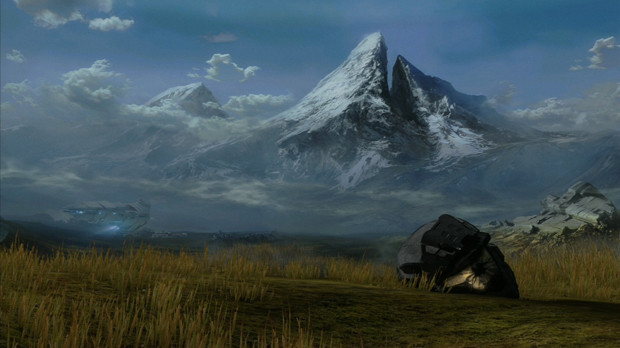
Ok, so it's pretty fatal to be anybody but the player character in a Halo game. Nearly everybody the Master Chief interacts with is eventually blown up, shot down, or converted into a creepy Flood organism. But Halo Reach really took the cake in introducing a whole new squad of rough-and-tumble super soldiers and killing them off one by one.
Granted, players who were at all familiar with the story of Reach shouldn't have expected a happy ending. But seeing nearly all your buddies die in front of you as humanity grapples with the very real threat of extinction is kind of a downer - particularly knowing that it was Bungie's last contribution to the Halo franchise. If not for all that heavy handed talk of sacrifice and courage which bookended the narrative, Reach would probably be the most depressing big-budget shooter ever made.
To the Moon is love, death, and remembering
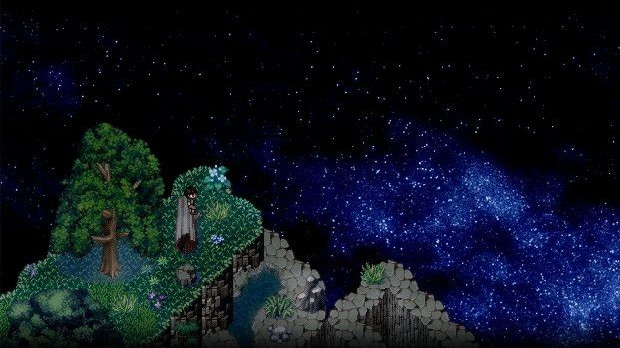
Like taking a shot of coffee grounds and chasing it with Pixy Stix, To the Moon is bittersweet. It tells the story of a dying man who employs a pair of Eternal Sunshine of the Spotless Mind-style memory doctors to grant his final wish: to go to the Moon. The only problem is that he doesn't know why he wants to go there.
So the doctors must work their way back, experiencing the man's memories in reverse chronological order as they try to discover the root of his lunar fascination and put him on the (imaginary) path to blast-off before he passes. Along the way they'll see his moments of goofy joy and quiet sadness - no threats to the world here, just embarrassing mishaps or frustrated exchanges with his wife. Despite the 16-bit JRPG graphics and sci-fi premise, almost all the moments are utterly ordinary. But recounted in reverse, and accompanied by the fading beep-beep of an ECG, its final hour seldom leaves a dry eye.

Sam Loveridge is the Brand Director and former Global Editor-in-Chief of GamesRadar. She joined the team in August 2017. Sam came to GamesRadar after working at TrustedReviews, Digital Spy, and Fandom, following the completion of an MA in Journalism. In her time, she's also had appearances on The Guardian, BBC, and more. Her experience has seen her cover console and PC games, along with gaming hardware, for a decade, and for GamesRadar, she's in charge of the site's overall direction, managing the team, and making sure it's the best it can be. Her gaming passions lie with weird simulation games, big open-world RPGs, and beautifully crafted indies. She plays across all platforms, and specializes in titles like Pokemon, Assassin's Creed, The Sims, and more. Basically, she loves all games that aren't sports or fighting titles! In her spare time, Sam likes to live like Stardew Valley by cooking and baking, growing vegetables, and enjoying life in the countryside.



